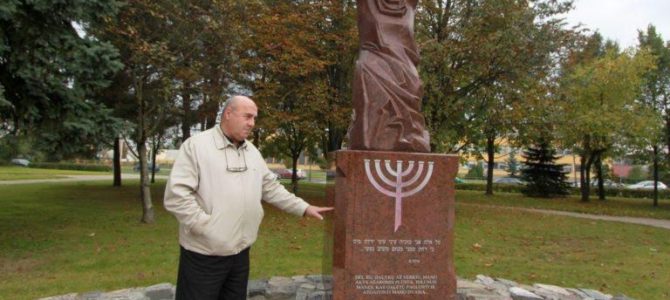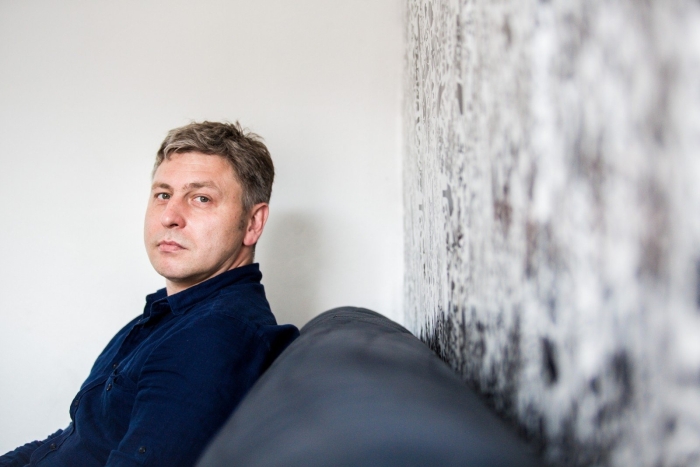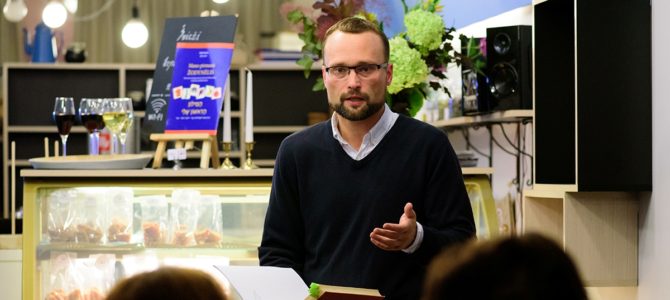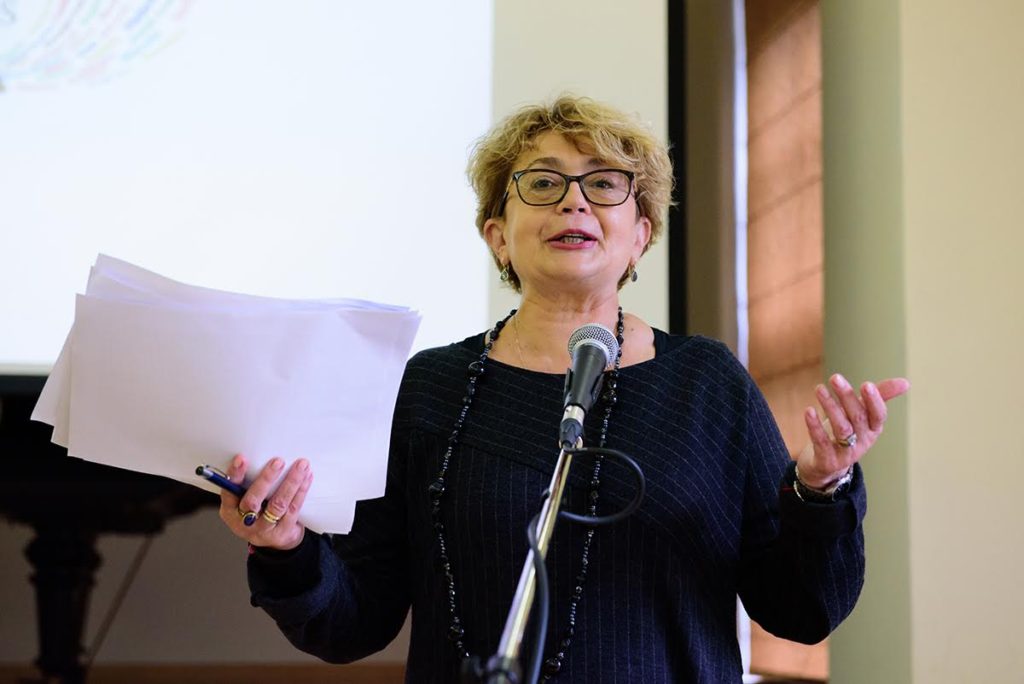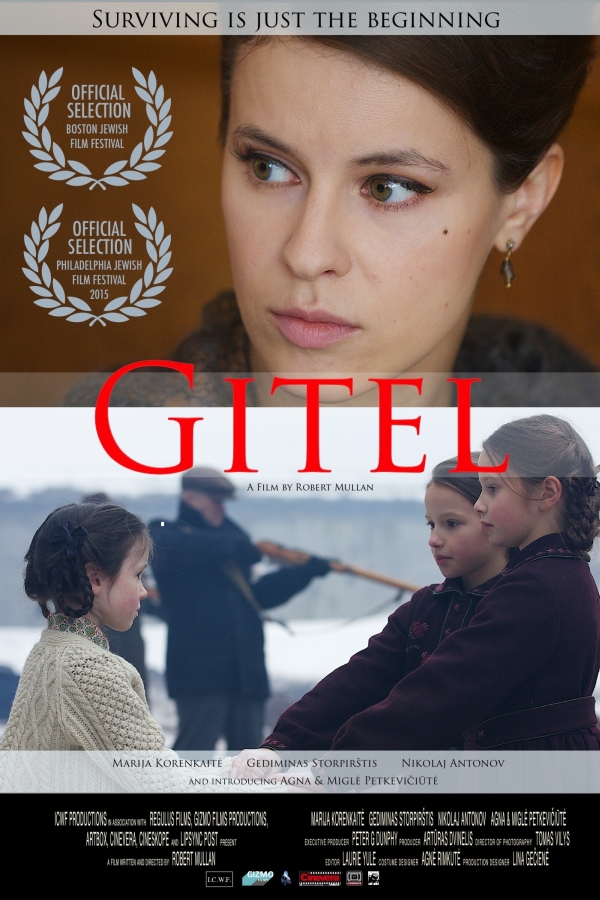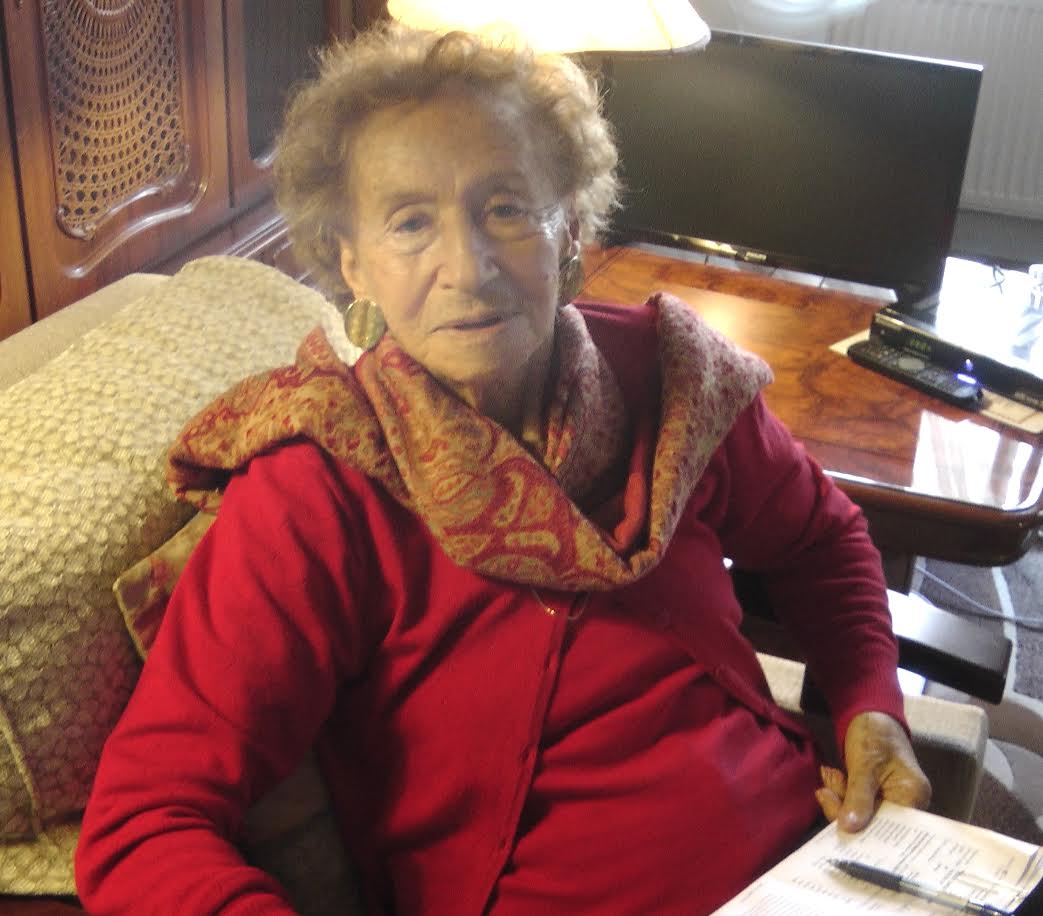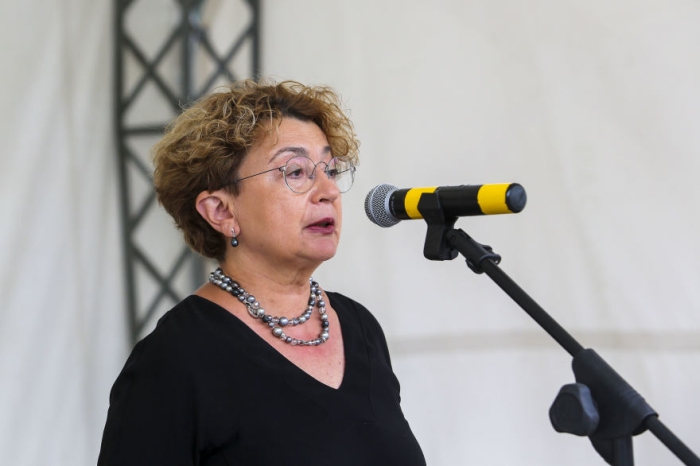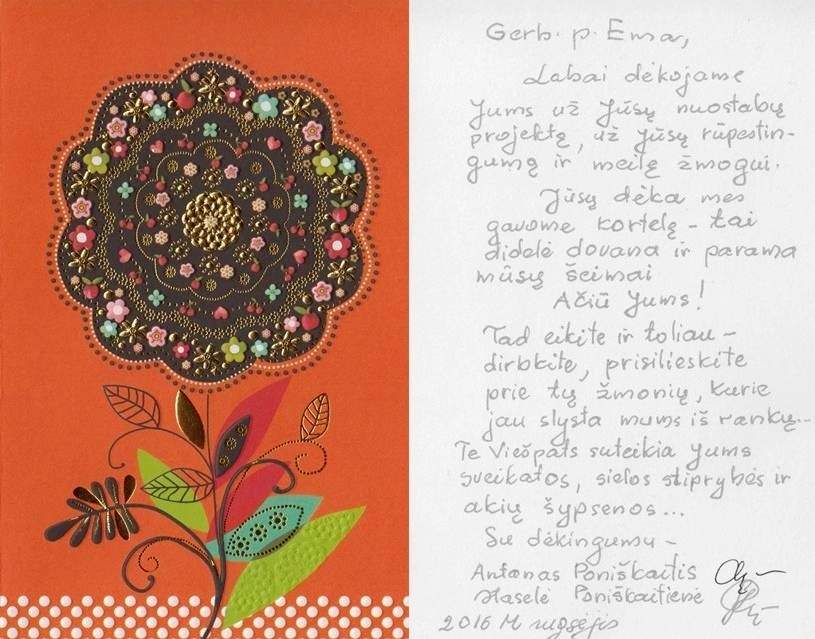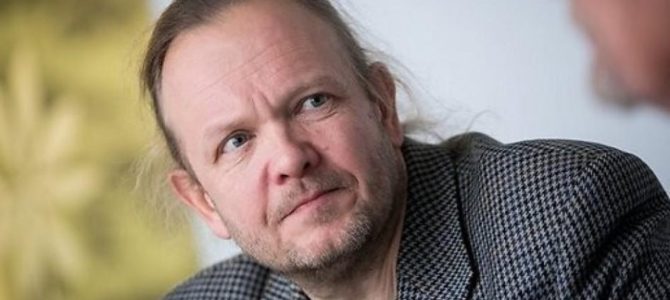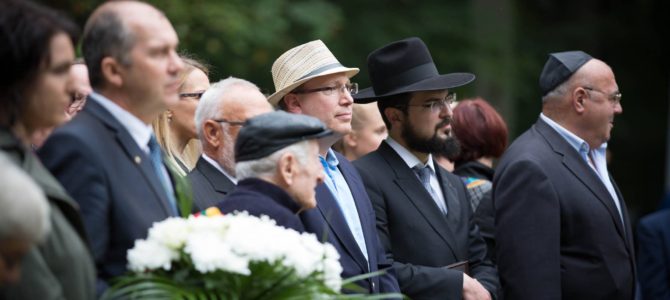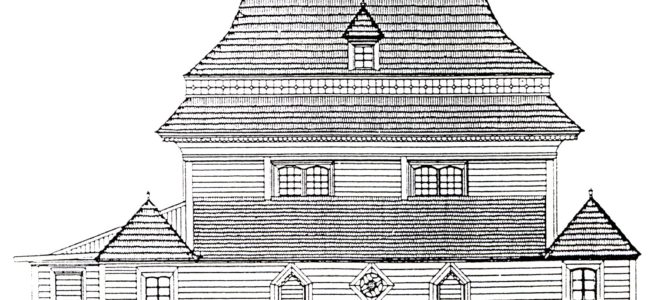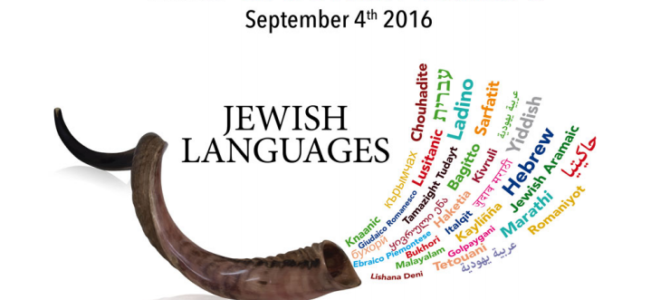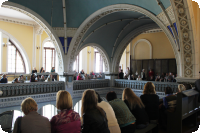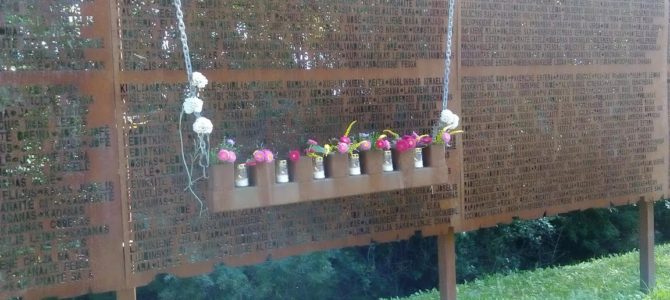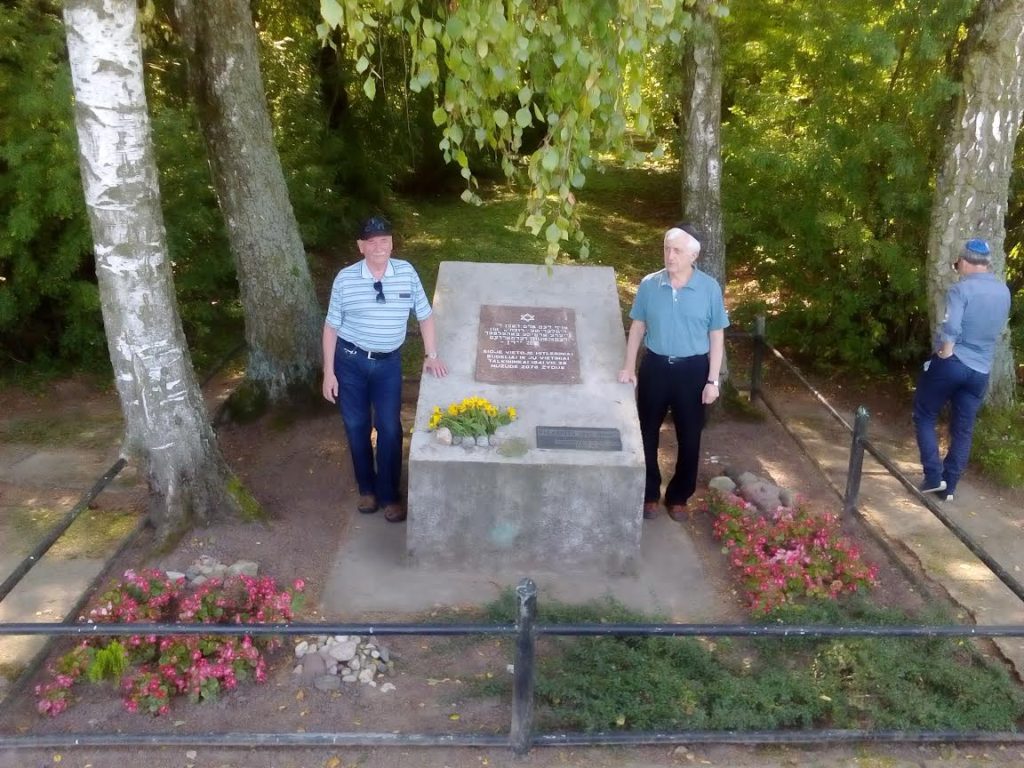Some Call Lithuania First Eastern European Country to Admit Holocaust Complicity
The Frankfurter Allgemeine newspaper printed an editorial on August 29 positively portraying Lithuanian attempts to speak openly and honestly about the Holocaust. Lithuanian ambassador to Germany Deividas Matulionis pointed to the many friendly and constructive comments left under the article in German.
Warsaw-based Frankfurter Allgemeine correspondent Gerhard Gnauck’s feature article of August 29 is provided in rough translation below.
Commemoration in Lithuania
Our Own People
Lithuania commemorates the mass murder of the Jews, and even the president wants to be there. This is a big step in a land silent for so long about the pogroms.
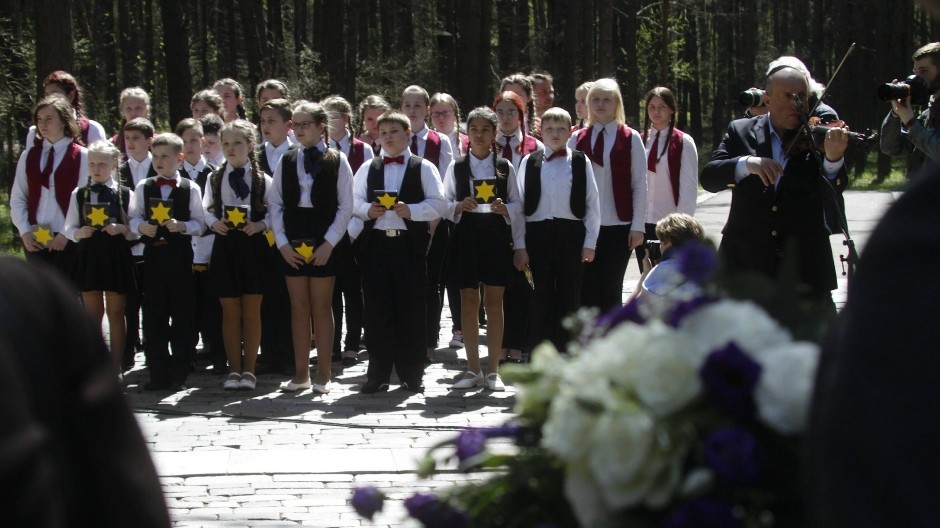
Lithuania faces her past: remembering Holocaust victims in Vilnius in May. Some 70,000 Jews were murdered at Paneriai.
For forty years Lithuanian writer Marius Ivaškevičius in his own words “had been living for 40 years in complete ignorance, on the margins of a gigantic tragedy without even sensing it existed.” Ivaškevičius was born in 1973 in Molėtai, a small and seemingly idyllic town about an hour’s drive north of the capital Vilnius. A paradise of dachas surrounded by lakes. But then something must have gotten into him, he was stung by a wasp. Or at least his fellow residents thought so.
Last week the time had come for Ivaškevičius to declare: “I’m not Jewish,” and that was the title above the text he posted on the popular Baltic Internet portal delfi.lt. It wasn’t a wasp, it was a tick which had bitten him at the Jewish cemetery in Warsaw, the author wrote ironically. Since his visit there he had been “infected.” He concerned himself with the history of his hometown, Molėtai, where two-thirds of the residents were murdered 75 years ago, on August 29, 1941. Lithuanians wielded the weapons.


